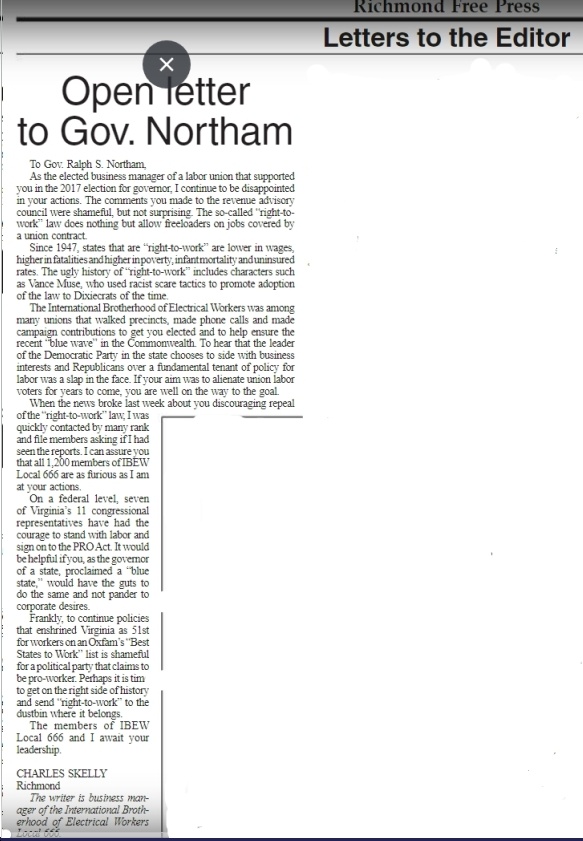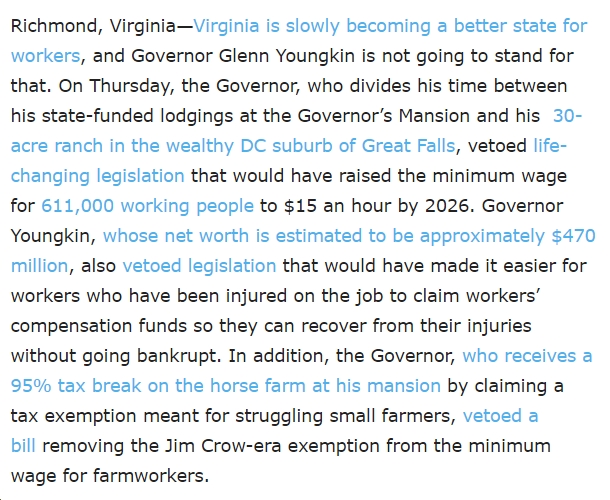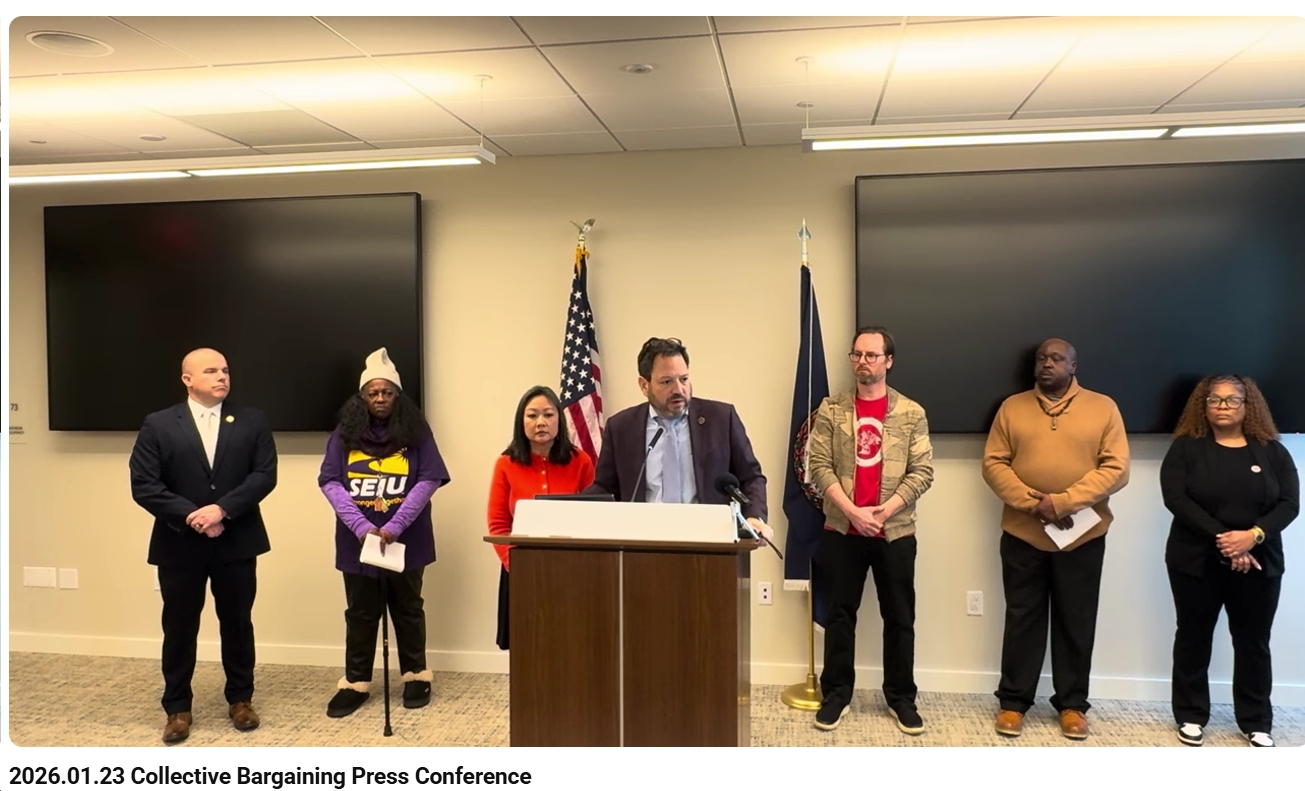SPONSORED CONTENT
The United States Supreme Court ruled recently that service writers at auto dealerships – the people that tell you what is wrong with your car and offer services to fix the problem – are salespeople, and as such are not eligible for overtime pay.
The ruling involved the Fair Labor Standards Act (FLSA), the law that governs, among other things, who is an hourly worker (and therefore eligible for overtime). The two terms that are used in this determination are “exempt” and “non-exempt”. Under the FLSA, an “exempt” employee is one who works in an executive, administrative, professional, outside sales, or computer position. If an employee’s role does not fit one of these categories, they are considered “non-exempt”, and must be paid at least minimum wage on an hourly basis and receive payment for overtime hours worked at a rate of one-and-a-half times the regular hourly rate.
“Employers prefer exempt employees, because there is no overtime requirement,” said Tom Spiggle, a Pay and Overtime Attorney with The Spiggle Law Firm. “Employers will often try to fit employees into the exempt category that do not belong there in order to get more work hours out of the employee for a set pay amount. The case decided by the Supreme Court dealt with a situation like that.”
In that case, a car dealer took the position that the service writer was a salesperson because the service writer’s job was to propose repair options and convince the customer to agree to those options. This made service writers “salespeople” and therefore an exempt employee not eligible for overtime. The service writer argued that the outside sales exemption under the FLSA was designed for highly-compensated sales individuals like those on the vehicle sales floor, not for individuals whose sales opportunities were dependent upon individuals coming to the dealer for service.
The Supreme Court held that service writers were most certainly salespeople, as the job involved selling customers service for their vehicles. The decision was split 5-4, with Justice Kennedy siding with the more conservative justices.
A decision like this, that expands the definition of who is an exempt employee under the FLSA, means that employers are more likely to try and fit more non-exempt employees into an exempt category. Employees need to be vigilant about their rights under the FLSA, and make sure that the pay category they are assigned to is correct. Employment lawyers are more than happy to look at an employee’s situation and advise as to the proper classification if there is a question. This is money you earn, and when you put in the time for your employer, you should be fairly compensated in accordance with the law.




![[UPDATED: VA Senate Dems Pass $15/Hour Minimum Wage Bill] VA House Democrats Pass Top Priority, Paid Sick Leave](https://bluevirginia.us/wp-content/uploads/2026/02/housedemspaidsick.jpg)












